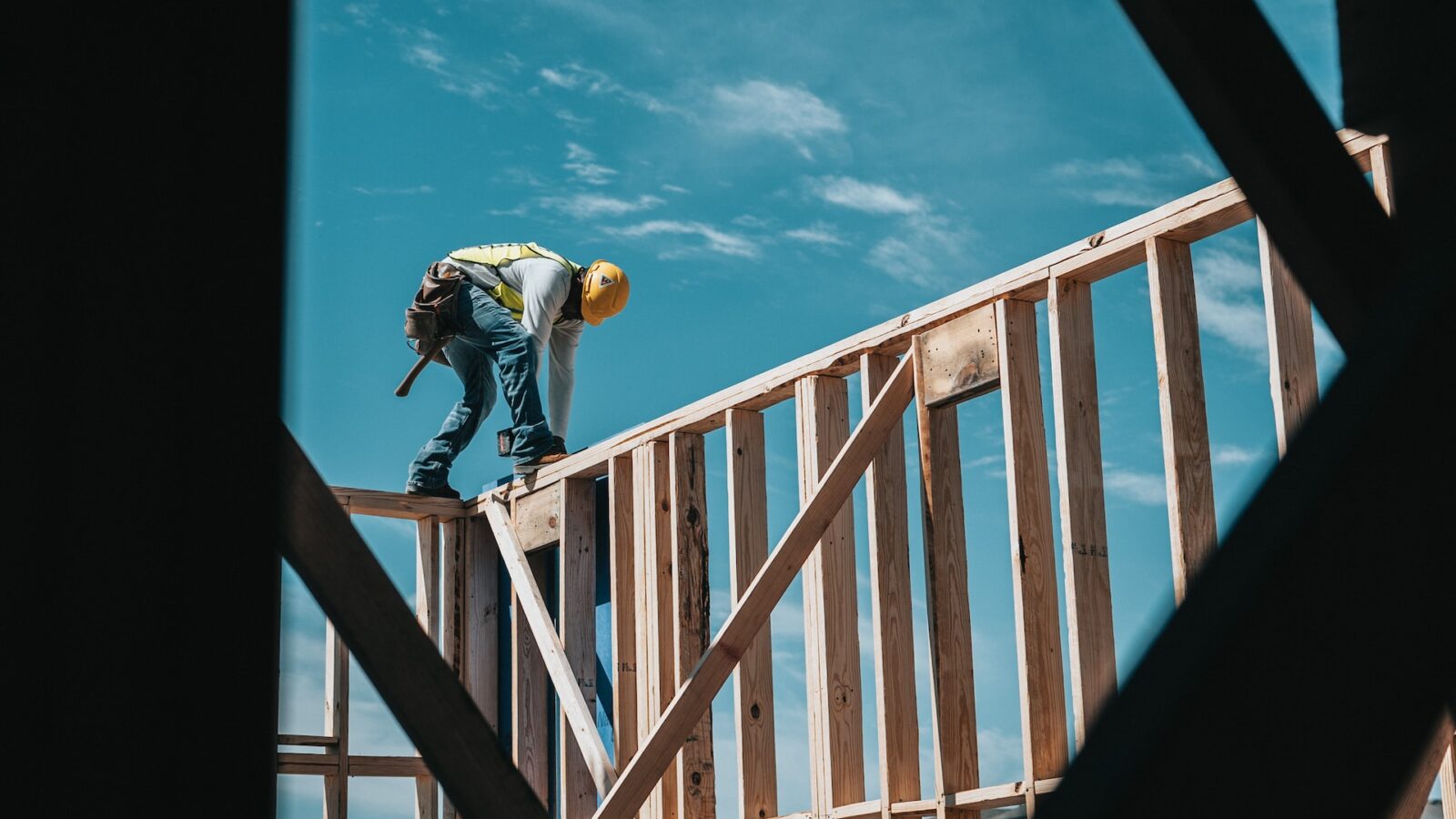Construction Law
The Importance of Clear Communication Between Parties to a Construction Contract
September 22, 2023

Alberta’s construction industry is a dynamic, ever-evolving realm that presents both opportunities and challenges. Construction estimates and contracts generally form the foundational blueprint that guides the entire project, outlining everything from project timelines and budgets to legal obligations and quality standards. These contracts help ensure that a project moves from an idea to completion and that all parties remain on the same page throughout the project’s lifecycle. However, whether you are a construction professional or a newcomer, it is not uncommon to run into issues relating to various matters, including costs and timelines.
In a recent case, the Alberta Court of Justice was asked to determine which of the two cost estimates provided by a framing contractor formed the basis of the contract after the project was halted due to the plaintiff’s injuries. The plaintiff asserted that the first and higher estimate was the true amount owing. However, the defendant argued that the agreed-upon amount was the most recent and cheaper estimate.
Contractor provides two estimates for framing work
In Medusa Contracting Inc. v Efficient Quality Homes Inc., 2023 ABCJ 123, Medusa Contracting Inc. (the “plaintiff”) was a framing company hired by Efficient Quality Homes Inc. (the “defendant”) to complete the framing of a new home. On September 25, 2021, the plaintiff provided the defendant with a quote for $26,793.90 (the “first estimate”) for 22 days of work. On October 3, 2021, the plaintiff provided the defendant with a second quote of $20,500.00 (the “second estimate”) for the same work.
The framing began on October 18, 2021, after the defendant had accepted the plaintiff’s offer to perform the work. However, there was a disagreement between the parties as to whether the defendant accepted the first or second estimate. The plaintiff claimed the second estimate was not a new offer intended to replace the first estimate. Instead, it was provided to show the defendant that the plaintiff was prepared to reduce his rate by 20% if the defendant promised to engage the plaintiff’s framing services on future projects.
Conversely, the defendant argued that the second estimate provided a better representation of the costs anticipated in the project. Therefore, the defendant stated it should form the base of the contract between the parties.
Plaintiff company’s owner injured before project’s completion
On December 7, 2021, during the course of the work, the owner of the plaintiff company sustained serious injuries in a slip and fall at the worksite, resulting in a concussion and knee injury. He was unable to complete the remaining 30% of the project. He claimed he was owed $126,000.00 for the work that had been completed up to the date of the injury and acknowledged that he still had $7,651.38 worth of work outstanding. The plaintiff also stated he had given the defendant a generous $2,000.00 price reduction with this account, and the Court agreed that these fees were reasonable.
On the other hand, the defendant claimed that the remaining work would require him to incur additional expenses and commenced a counterclaim for $9,411.00 to cover costs he accrued over and above the agreed-upon amount for the project. However, the defendant claimed $19,000.00 at trial, referencing various tradespeople’s remedial work expenses.
Replacement offer or invitation to negotiate?
The Court referred to the decision in Powder Mountain Resorts Ltd. v. British Columbia, 1999 CanLII 3649 (BC SC), in which the Court held that sometimes an offer is nothing more than a simple invitation to negotiate. Therefore, the parties’ intentions may not be to enter into a contract based on the invitation but instead to engage in negotiations that would eventually lead to a mutually satisfactory agreement.
In this case, the second estimate provided by the plaintiff was associated with a mere suggestion that the defendant would guarantee to utilize the plaintiff’s work on future projects. However, no further confirmations were made between the parties concerning this suggestion. The Court found that it was clear that the first estimate was provided in the circumstances of a “stand-alone” project. Therefore, the Court held that the plaintiff’s first estimate was accepted as the contract, while the second estimate was considered a starting point for the parties to begin negotiations.
Was the contract frustrated?
The Court also declined to find that the framing contract between the parties had been frustrated. The Court noted that the plaintiff’s injuries “did not fundamentally change the nature of the contract or otherwise render it impossible to perform.” Instead, the Court determined that the plaintiff’s injury would likely have prevented him from completing the work for three months while he recovered.
After considering the circumstances and evidence, the Court ultimately awarded the plaintiff $5,363.89, representing the outstanding balance owed to him, after considering the defendant’s successful counterclaim for expenses incurred to remediate the remaining work.
What parties to construction contracts should know
This decision highlights the importance of ensuring clear communication of intentions between the contracting parties to avoid ambiguity and future disputes. It also confirms that in cases where multiple estimates are provided, the courts will generally consider the parties’ intentions before deciding which estimate forms the basis of the resulting contract. Further, it shows that the most recent estimate will not always be the estimate that forms the basis of the contract.
Contact the Litigation Lawyers at DBB Law in Calgary for Trusted Representation in Construction and Commercial Disputes
The experienced commercial litigation lawyers at DBB Law in Calgary regularly represent clients engaged in contract negotiations in construction and general commercial matters. When necessary, we also provide clients with trusted representation in commercial litigation and ensure that their interests remain protected. To learn more about how we can help you resolve your commercial or construction dispute, contact us at 403-265-7777 or online.